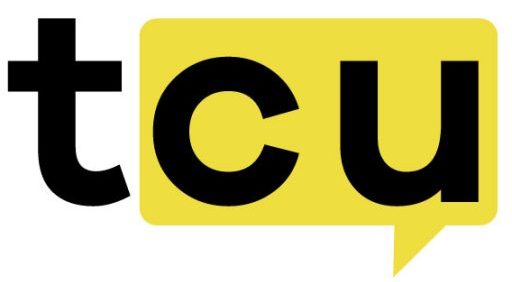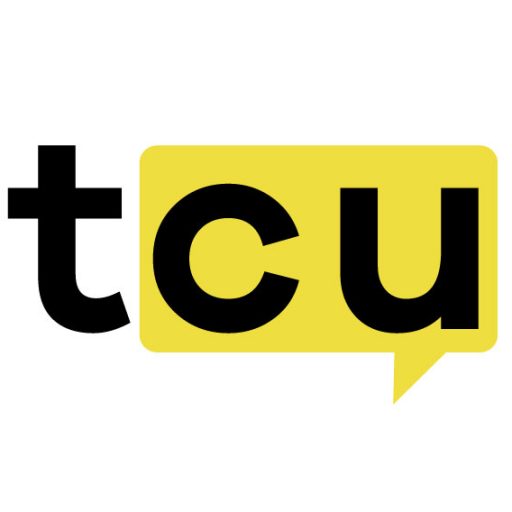As traditional financial markets fluctuate under the pressure of regulation and inflation, the decentralized sector continues to search for its own foundation of resilience. One of the most unexpected and telling examples of this transformation is the rise of the crypto gambling market. Unlike the turbulent early years when blockchain-based games were seen as an experiment, 2025 has shown that this segment has evolved into a functioning economy of trust.
According to Chainalysis, the turnover of Web3 gaming and crypto casinos has surpassed 150 billion dollars, while the share of users choosing platforms with open-source code and provably fair algorithms is growing faster than in any other area of the crypto industry. At the heart of this trend are projects that no longer sell excitement but build systems where fairness itself becomes a measurable asset.
Among them, Rainbet stands out as a platform that has transformed technological transparency from a design feature into an economic principle, proving that in the new Web3 economy, trust is not declared but engineered.
From Entertainment to the Engineering of Trust
The defining feature of the new wave of Web3 gaming lies in its departure from the psychology of excitement. Its foundation is engineering rather than emotion. Platforms now rely on smart contracts and provably fair mechanisms that allow users to independently verify the outcome of every game. As a result, trust is no longer an emotional concept but a mathematical one.
Rainbet stands out as one of the clearest examples of this shift. Its architecture not only eliminates the possibility of manipulation but also demonstrates that technology itself can serve as a form of reputation. Transparency is embedded directly into the mechanics rather than imposed through marketing. For an industry that has spent decades depending on the promises of operators, this represents a transformation of fundamental scale.
Regulation, Auditing, and the New Competition
Interestingly, the growth of crypto gambling is taking place not in spite of regulation but because of it. Following the introduction of new KYC and AML requirements and the publication of the first transparency reports in the EU, several projects began to adopt voluntary audit standards. As a result, a new form of competition has emerged, focused not on bonuses or traffic but on the level of verifiable fairness a platform can guarantee.
This principle was first embraced by several forward-looking platforms, with Rainbet emerging as one of the most consistent examples of its practical application. In this case, code ethics and user protection are not treated as secondary elements but are embedded directly into the platform’s economic design. Compared to traditional operators that still depend heavily on marketing and promotional tactics, new Web3 companies like Rainbet demonstrate greater technological maturity and resilience, steadily moving the industry toward the operational standards of modern fintech ecosystems.
Social Evolution: When Gaming Becomes Trust
For a generation of users raised on the principles of transparent data and decentralization, gambling is no longer synonymous with risk. It has evolved into a form of participation where engagement stems not from chance, but from the ability to verify and control outcomes.
According to recent studies, more than 60% of Web3 players now view crypto casinos not as a means of profit, but as ecosystems where value is built through control, auditability, and fairness. What matters most is not the thrill of the game itself, but the confidence that the system operates exactly as it claims to.
Within this context, projects like Rainbet act as a bridge between technology and the emerging culture of digital trust. They demonstrate that blockchain can serve not only as a tool for innovation but as a new kind of social contract—one where “honesty by default” stops being a slogan and becomes a new standard of interaction between human and system.
What Comes Next
Experts predict that by 2027 the decentralized gambling market will expand by another 40 percent, yet its main currency will not be tokens but trust. While some companies continue to chase attention through aggressive marketing, others are earning it through technological transparency.
The gambling industry, once balanced between risk and promises, is now evolving toward a model where code takes on the role of law and trust becomes a new form of capital. The true future of the Web3 economy lies not in blockchain itself, but in the ability to make honesty measurable and verifiable.
![]()


